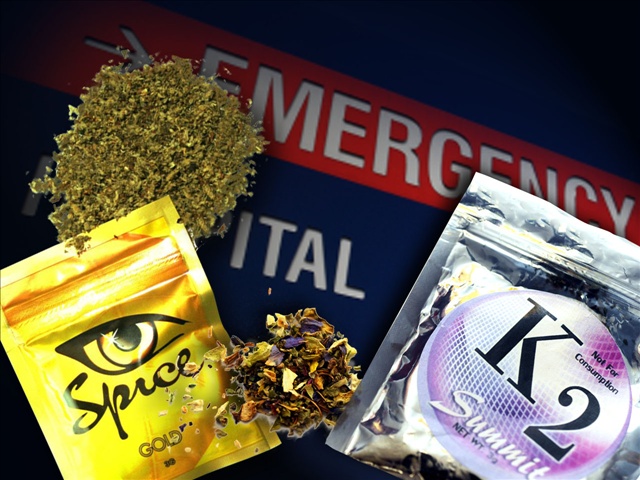
By Randy Moraitis, MA, CIP, BCPC
As the father of a blended family of five kids ranging in age from 16-32 I know first hand how challenging it can be to connect with your teen. You want to be close to them, but how do you do it without attitude, rejection or rebuff?
They’re busy–you’re busy. Another day goes by and you didn’t really connect. What’s the solution? How can a parent be intentional about connecting with their teen in a meaningful way?
I suggest you give this a try the next time you and your teen are home and they are in their room working on homework (or whatever they do in there!). Take your newspaper, or iPad or whatever you were going to read in your home office or family room.
Instead of sitting there alone, disconnected from your teen, take your reading material with you and go knock on your teen’s door.
When they answer, ask if you can come in. Then come in, have a seat and start reading your iPad or whatever you brought. Just hang out. When your teen asks what you want, say “nothing, I just wanted to be around you”.
And be sincere–don’t have an ulterior motive to find out who she’s dating or some such info. Be real. Be present. Just hang out. After awhile some great conversations may come out of it. And even if they don’t–hey, at least you got to spend some time hanging out with your teen!
If your teen happens to tell you to get lost–that they don’t want you in their room. Don’t make a big deal about it–but do try again the next day, and the next. Your teen is worth the effort.
I would love to hear your teen parenting tips. You can comment below or email me at randy@randymoraitis.com. Visit my website www.randymoraitis.com for more info on counseling or coaching, and our nonprofit foundation at www.carepossible.org.






